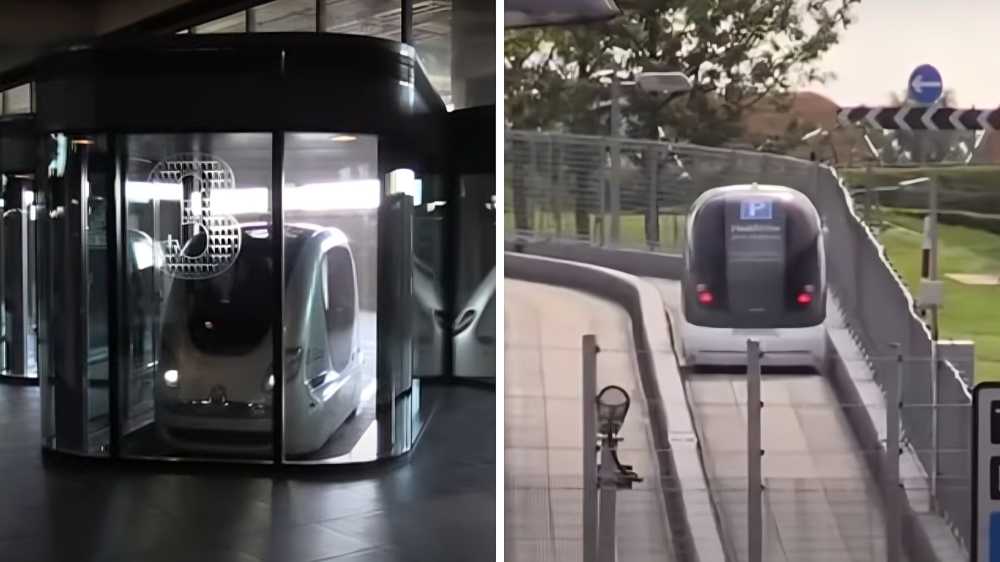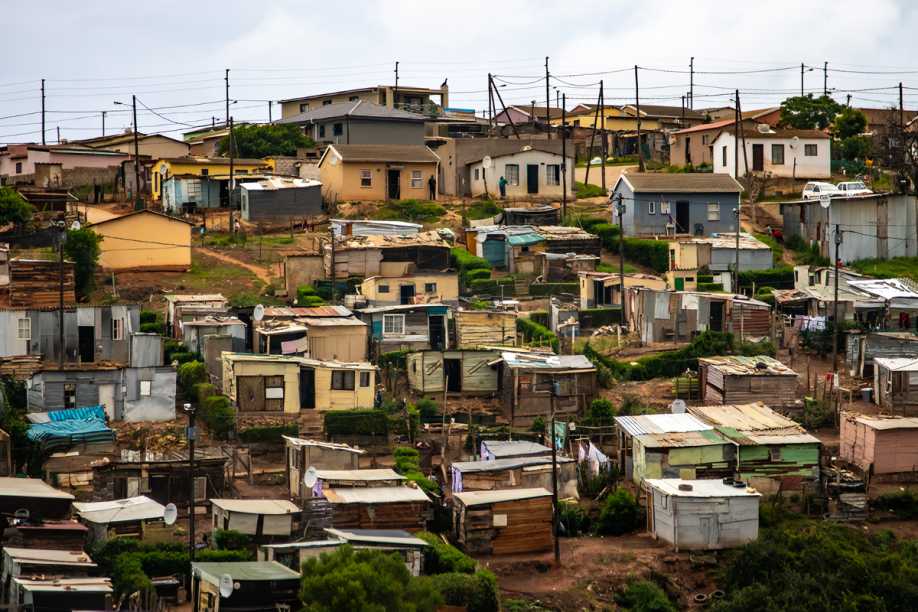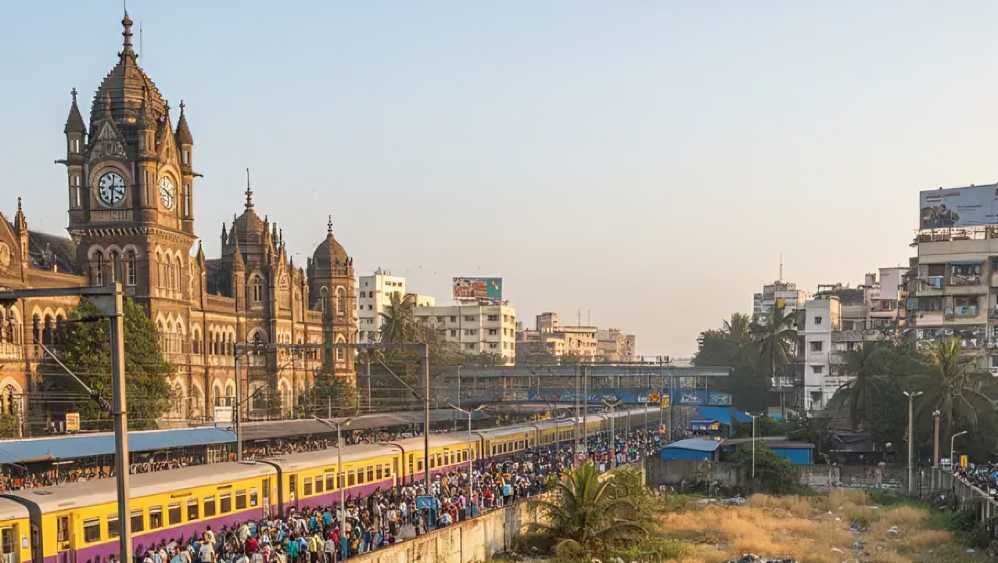August 23, 2025: Thane is set to witness the launch of an automated pod taxi system aimed at easing traffic congestion and offering sustainable transport alternatives. Maharashtra Transport Minister Pratap Sarnaik announced that a trial run will take place on a 7 km stretch between Bhayander Pada Metro Station on Ghodbunder Road and Vihang Hills Circle.
Pod taxis, also known as Personal Rapid Transit vehicles, are driverless electric cars designed to move passengers swiftly between fixed destinations. Highlighting the need for such systems, Sarnaik pointed out that the growing number of vehicles and limited road infrastructure in Thane necessitate innovative solutions such as pod taxis and ropeways.
The minister also underlined that the initiative is in line with the vision of Prime Minister Narendra Modi and Union Transport Minister Nitin Gadkari to modernize urban transport. Alongside Thane, pilot projects are also being planned for Mumbai’s Bandra Kurla Complex (BKC) and on routes linking JP Infrastructure in Mira-Bhayander to the Shivaji Maharaj Statue.
The BKC project, however, faces environmental hurdles as the Mumbai Metropolitan Region Development Authority (MMRDA) awaits forest clearance from the Ministry of Environment, Forest and Climate Change. The proposed alignment passes close to ecologically sensitive mangrove areas, making regulatory approval critical before work can proceed.
To ensure technical rigor, MMRDA has decided to appoint an independent engineering firm to monitor the design and compliance of the project, rather than relying on conventional general consultants. The BKC initiative is estimated at Rs 1,100 crore, to be executed by BKC Connect Private Limited. It envisions 38 stations with frequent services, last-mile connectivity, and fares of around Rs 105 per trip.
The pod taxi initiative forms part of a larger Rs 1.2 lakh crore infrastructure development plan for the Mumbai Metropolitan Region, with its success dependent on environmental approvals and public acceptance.
Source: The Free Press Journal
















